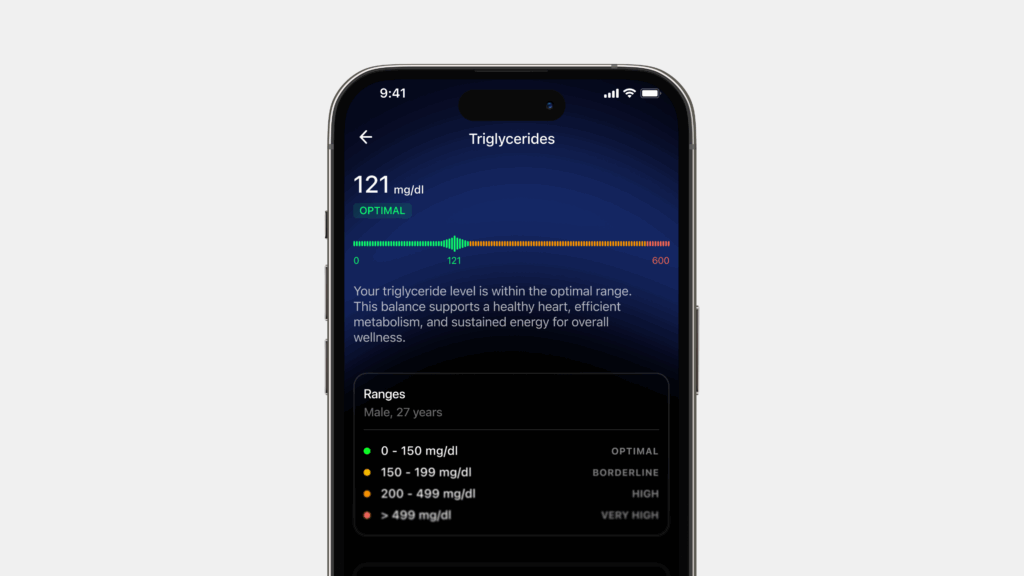Popcorn is often celebrated as a healthy snack — low in calories, high in fiber, and a 100% whole grain. In fact, one serving of popcorn provides about one-third of the whole grains most adolescents and adults need. But what about blood glucose?
Air-popped popcorn, devoid of added butter or salt, is a healthy option, but things are more nuanced for those managing blood sugar levels.
Its effect on blood sugar can vary significantly depending on portion size, individual metabolism, and accompanying foods. We look at the
Highlights:
- Popcorn is generally a healthy whole-grain snack.
- However, 58% of people experience a significant glucose spike caused by rich starches in popcorn.
- You can mitigate spikes by pairing popcorn with nuts and monitoring portion size.
How popcorn affects blood sugar

Proprietary data from the Ultrahuman Open Glucose Database – the world’s largest open-source glucose response database from CGM food logs – reveals that 58% of individuals experience unstable glucose responses when consuming popcorn.
Surprisingly, even air-popped varieties — which lack added fats and sugars — have been found to trigger significant glucose spikes. While some users are likely to mislabel sweetened popcorn flavors as air-popped varieties in the database, it’s strong evidence that popcorn causes spikes for a significant cohort.
Popcorn is rich in starches that rapidly break down into glucose, leading to sharp rises in blood sugar levels. Although its fiber content can slow digestion, for many, this isn’t sufficient to prevent a spike, especially when larger portions are consumed.
Ways to minimize popcorn spikes
Popcorn poppers can take action to minimize blood sugar rises.
Managing portion sizes is crucial to mitigate popcorn’s impact on blood sugar. Keeping servings to about 3 cups can help limit glucose fluctuations. This serving size also delivers about 15% of the daily recommended fiber intake, contributing to overall heart health.
Pairing popcorn with a source of protein or healthy fats — such as a handful of nuts — can further slow glucose absorption, and help you to feel full.
But be cautious with store-bought flavored popcorn. Even those marketed as “light” or “healthy” may contain sugars and additives that can exacerbate blood sugar spikes.
Should you avoid popcorn?
Not necessarily. Individual responses to popcorn can vary, so it’s essential to monitor how your body reacts. Using a continuous glucose monitor (CGM) or other tracking tools can help you determine whether popcorn is a suitable snack for you.
Regardless, smaller portions or specific pairings can help you to enjoy popcorn without significant spikes, while others may need to opt for more glucose-friendly alternatives.








